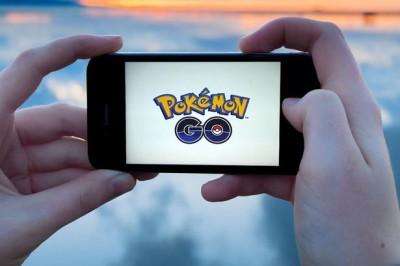Pokémon Go is an augmented reality game where players go to actual locations (museums, stores, churches) using GPS to capture Pokemon and visit PokéStops. Originally designed to get you out of the house while you hunt, encouraging both socializing and exercising, days into the release of Pokemon Go players had already discovered a way to cheat.
It’s really just the basic spoofing concept—making an electronic think that it is somewhere other than its real physical location. We are no strangers to the idea of spoofing, and by tricking their phones GPS to think it was somewhere they weren’t, the game got a lot easier. Most spoofers don’t even have to leave the house—eventually your phone thinks it’s walking when it’s not.
In fact, this cheating is so popular, there is a page on reddit that is actually devoted to discussion of all things Pokémon Go, and players have been trading GPS spoof tricks there. Since GPS spoofing is illegal, it does involve some unapproved software and Pokémon Go states in its terms of use that no third party software should be used to modify the app, or players would get kicked off the game.
However, spoofing goes a lot deeper than some of us might think. GPS signals are actually rather weak, unfortunately, and so they can be easily overpowered. It has previously been demonstrated that a basic GPS spoofer can be put together for less than $300. There are some crazy stories of spoofers and what they have accomplished all over the world.
While there haven’t been any immediate repercussions from spoofing Pokémon Go, the worry is more for long term consequences. Location deception is a problem for GPS systems, and now it has been brought to the hands of everyday smartphone users. So really, we are left to wonder… are the Pokémon Go spoofers are simply harmless people cheating a game, or has the idea behind spoofing just made its way to the general public?
